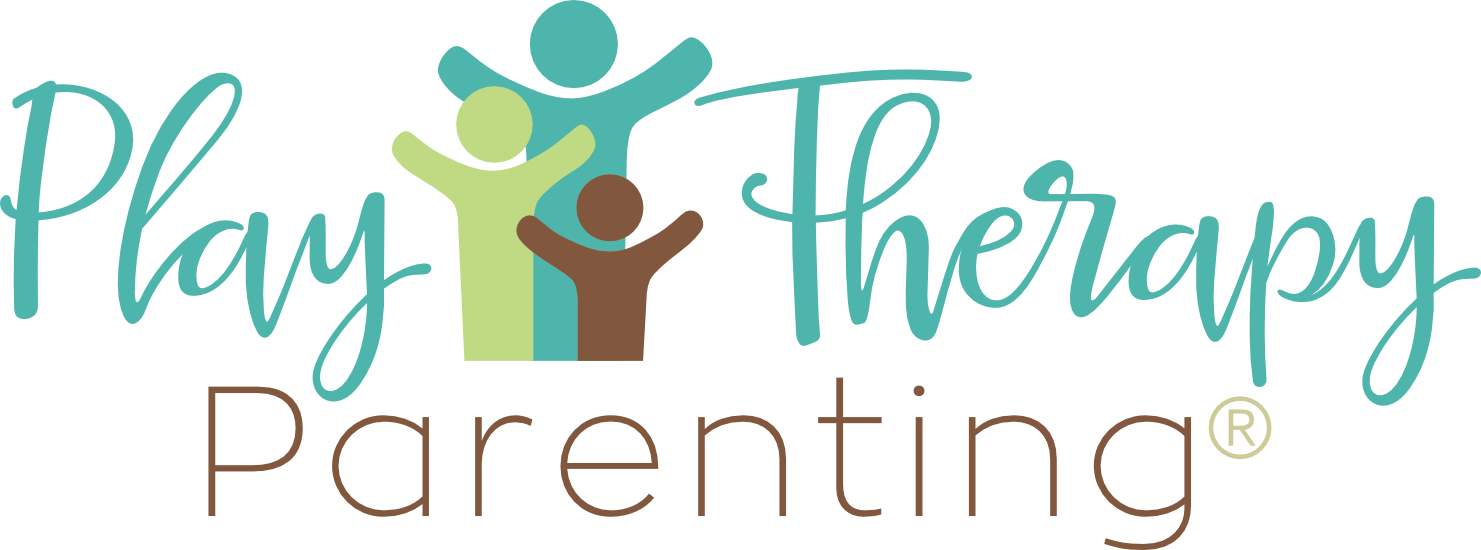S2E15 – Keeping Your Relationship with Your Child at the Center of Parenting
It all comes back to preserving and strengthening our relationship with our kids. Every time a child is struggling or misbehaving, there is almost always a fracture or damage to the relationship that has occurred. By focusing on the child and the relationship rather than just on the frustrating behavior, we keep that relationship at the center. The beauty of parenting is we have a built-in relationship with our child from the very beginning. Our job is to maintain and nurture that precious bond, and child-centered parenting principles give us effective tools to do just that.
The goal is not to robotically check skills off a list, but to deeply, intentionally and thoughtfully engage with our children in ways that communicate “I’m here, I hear you, I understand, I care, and I delight in you.” This is what it means to take a kind approach to parenting. I hope this discussion encourages you and keeps you grounded in what matters most – your relationship with your kids.
Ask Me Questions: Call (813) 812-5525, or email: [email protected]
Podcast HQ: https://www.playtherapyparenting.com/
My Newsletter Signup: https://www.playtherapyparenting.com/newsletter/
My Podcast Partner, Gabb Wireless: https://www.playtherapyparenting.com/gabb/
The Relationship with Your Child: The Heart of Parenting
As parents, we often focus on learning and implementing various parenting skills and techniques to help us navigate the challenges of raising children. While these tools are undoubtedly valuable, it’s crucial not to lose sight of the most important aspect of parenting: our relationship with our children.
The Root of Child Behavior
Have you ever wondered why your child throws a tantrum, refuses to obey, or locks themselves in their bedroom? Nearly every time a child behaves in a way that creates an issue, it can be traced back to a fracture or breach in the relationship. It’s not about placing blame on yourself or your child; instead, it’s about recognizing that when we focus solely on the frustrating behavior, we risk losing sight of the child and the importance of our connection with them.
The Power of Child-Centered Principles
This is where child-centered parenting principles come into play. Techniques like reflecting feelings, setting limits, giving choices, and using encouragement are not just mechanical skills to be checked off a list. Instead, they are powerful tools that help us preserve and honor our relationship with our children.
When we genuinely reflect our child’s emotions, we demonstrate that we care about their feelings. When we set limits using the three-step model, we communicate respect and kindness. Encouraging our children’s efforts and contributions cultivates trust and mutual respect. These approaches allow us to convey, “I’m here, I hear you, I understand, I care, and I delight in you,” even in the face of challenging behaviors.
The Beauty of the Parent-Child Bond
As parents, we have the incredible advantage of a built-in relationship with our children. From the moment we first interacted with them, we began creating a bond that is the foundation of our parenting journey. Our job is to preserve and nurture this precious connection, and child-centered principles provide us with the tools to do so effectively.
It’s not about permissive parenting or letting children run wild without limits or discipline. Instead, it’s about approaching our kids with the understanding that our relationship with them is paramount, even when they’re having a tough day or displaying challenging behaviors.
Keeping the Relationship at the Center
As you continue to learn and practice parenting skills, remember that the relationship always comes first. The skills are the means through which we cultivate a healthy, loving connection with our children. By keeping this at the forefront of our minds, we can navigate the ups and downs of parenting with greater ease and purpose.
So, the next time you find yourself in a challenging situation with your child, ask yourself, “What do I need to do or say in this moment that will most preserve my relationship with my child?” This simple question can guide you towards a more intentional, thoughtful, and kind approach to parenting.
A Final Thought
Parenting is a beautiful journey, and the relationship we have with our children is at the heart of it all. By focusing on preserving and strengthening this bond, we can create a foundation of love, trust, and respect that will serve our families well for years to come. Remember, the skills matter, but the relationship matters most.

